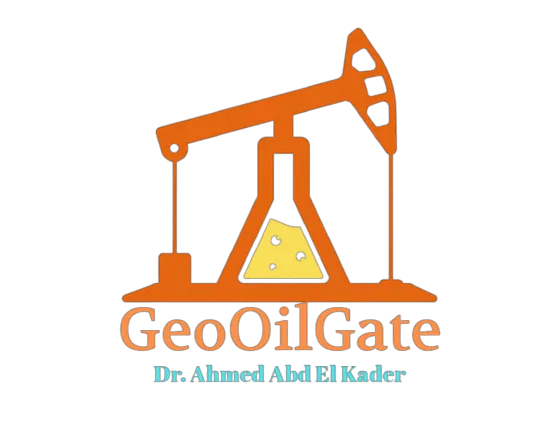Geoscience gate
BASIC GEOLOGY

Geology is the study of planet Earth. Geology is in many ways the most complex of sciences, as a complete understanding of the workings of the earth requires training in mathematics, chemistry, physics, biology, and astronomy. The study of the Earth brings mathematics, chemistry and physics alive. It provides the opportunity to test many hypothetical and theoretical principles in the real world as we observe chemical reactions in rocks, minerals, water and atmosphere, and physical reactions in earthquakes, landslides and volcanic eruptions.
fIELD gEOLOGY

Working in the field contributes a crucial element to our knowledge and understanding of Earth processes, whether understanding periods of past climate change recorded in sedimentary deposits, deciphering an episode of structural imprint, or working out where to find mineral resources. The course assumes a basic understanding of the main concepts and theory in geology. It assumes that the student is familiar with: the major rock – forming minerals, how to identify minerals in hand specimen, rock classification, geological processes and common geological terms.
Geochemistry

gEOPHYSICS

HISTORICAL GEOLOGY

Historical geology is the study of changes in Earth and its life forms over time. It includes sub-disciplines such as paleontology, paleoclimatology, and paleoseismology. In addition to providing a scientific basis for understanding the evolution of Earth over time, historical geology provides important information about ancient climate changes, volcanic eruptions, and earthquakes that can be used to anticipate the sizes and frequencies of future events. Scientific interpretation of Earth’s history requires an understanding of currently operating geologic processes. According to the doctrine of actualism, most geologic processes operating today are similar to those that operated in the past. The rates at which the processes occur, however, may be different.
related geoscience

Geology is the scientific study of the all constituents of planets, their internal and external forms and processes. More precisely, it is the study of nature, structure and history of the planet. Earth is the home to all life, well known to the humankind. Geology, itself, is a major part of The Earth and atmospheric sciences, which were born as twins. The subject of geology encompasses all aspects including the composition, structure, physical properties, and history of a planets‘(like Earth’s) inter-related components and the processes that are shaping the features on the surface. Geologists are the scientists who study the origin, occurrence, distribution and utilities of all materials (metallic, non-metallic, inorganic, etc), minerals, rocks, sediments, soils, water, oil and all other inorganic natural resources.
eCONOMIC gEOLOGY

geoscience MISCELLANEOUS

